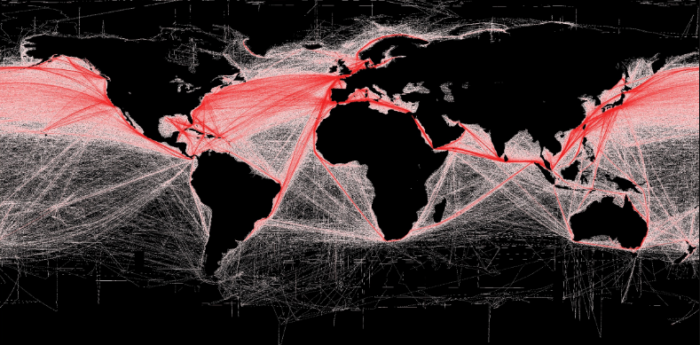Electric ferries and digital communication between ships can play an important role in decarbonising maritime transport. Currently, the sector emits around 1000 million tonnes of CO2 into the atmosphere each year.
According to a report by the Organisation for Economic Cooperation and Development, the amount of shipping emissions could be reduced to almost zero by 2035 through a combination of technical, operational and policy measures.
[smlsubform prepend=”GET THE SAFETY4SEA IN YOUR INBOX!” showname=false emailtxt=”” emailholder=”Enter your email address” showsubmit=true submittxt=”Submit” jsthanks=false thankyou=”Thank you for subscribing to our mailing list”]
In line with such ambition, an electric ferry, set to launch this summer, will travel through Danish waters powered by electricity alone. The boat will take passengers from Aeroe island to towns on the mainland and will replace the diesel vessel currently in use.
Passenger ferries run on diesel and so there’s potential to cut their pollution. Hybrid vehicles, using electricity in the harbour and fossil fuels on the open sea are becoming increasingly widespread, but fully electric ferries are scarce, Dr Heinemann, project coordinator for E-ferry, based on Aeroe, said.
Safety is another key concern for electric vessels. Batteries that operate at sea need a special level of approval, and so engineers on E-ferry have developed a special type of foam which sailors a use to tackle an electrical blaze in the event of fire.
Meanwhile, running costs are being reduced because battery materials are getting cheaper. In fact, they have fallen by 40% since the project’s launch.
Despite its use of state-of-the-art technology, the maritime industry remains old school, as it still relies on paper when a ship docks in a harbour, or when sending information to the authorities by courier. A digital system will optimise their route as well as their messages to and from the harbour authorities.
Christopher Saarnak from the Danish Maritime Authority, said:
If you enable information exchange, you would be able to tell the ship not necessarily to rush to the nearest harbour where they would have to wait. Instead, they could save fuel consumption by sailing more slowly.






























































